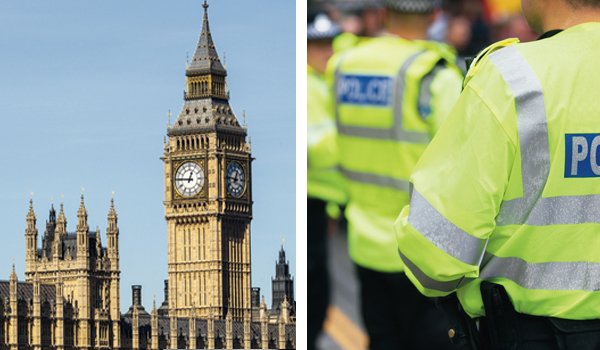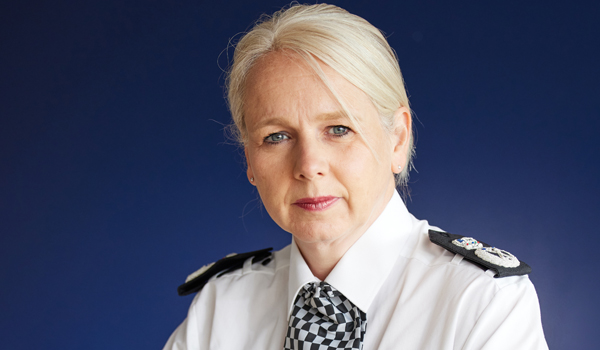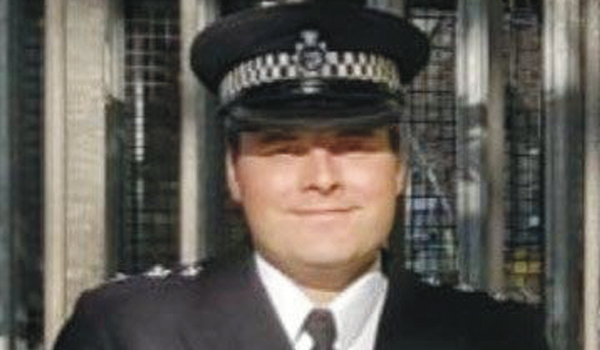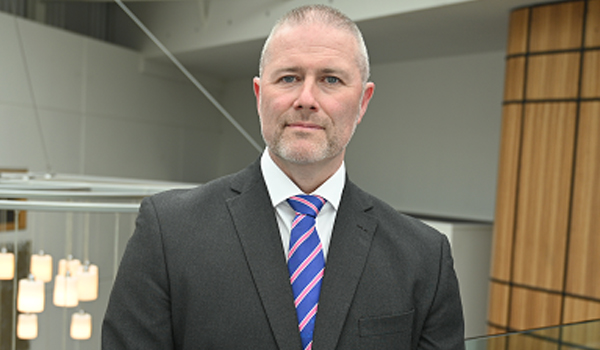‘Taking back our streets...’
In early July, Labour swept to power for the first time in 14 years, promising to be a ‘mission-driven government’, writes Alex Lowe.
One mission is to ‘take back our streets’ by cutting serious violent crime and raising confidence in the police and criminal justice system.
Events, such as the horrific scenes we’ve seen over the past few weeks, can shift immediate term plans for any Home Secretary. But, with the next five years in mind, what steps can Yvette Cooper take to lay the foundations to achieve the ambitious missions the party set out during the election?
As part of its manifesto, Labour offered voters a new ‘Neighbourhood Policing Guarantee’ – a commitment to get more officers on the beat. Central to its success will be recruiting thousands of new police officers, police and community support officers, and special constables.
But this will take time. So in the short term, the Home Secretary needs to work with police leaders to ensure neighbourhood officers are more visible in the communities they serve. To do this, the Home Office must look at the root cause of those shortages, such as officers being pulled off their beat to plug gaps elsewhere, officers being forced into extended time off due to sustaining injury in the line of duty, or hours wasted at desks due to ageing technology and inefficient processes.
One part of the answer lies in ensuring that every officer is equipped with the right tools to not only protect the public, but themselves as well. The threats officers face in the line of duty are growing and becoming more diverse. Equipping them properly to deal with an increasingly challenging environment will reduce the number forced to take extended periods off due to injury, meaning police leaders can deploy officers in their communities more consistently.
Another part lies in driving forward with the digital transformation. Take Kent and Essex police forces, for example. Both have adopted a digital evidence management system, linking together body-worn camera footage, digital evidence from phones, police car cameras, and other evidence streams.
Both forces reported that they can resolve investigations quickly and deliver outcomes for victims more swiftly. Some 350,000 pieces of footage have been uploaded to their systems, saving 50,000 hours of officer time by removing the need for officers to collect evidence using discs or USB drives. This means officers can spend more time on policing and keeping their communities safe.
Second, Labour ran on a manifesto that set bold targets on charging and prosecution, committing to drive up the proportion of crimes solved by reducing barriers to bringing charges and cutting bureaucracy. To make these ambitions a reality and ensure victims secure the justice they deserve, the Home Secretary must improve collaboration across the criminal justice system, ensure it is joined up from crime to conviction, and learn lessons from across the whole of the UK.
Police Scotland, for example, is trialling evidence sharing software that gives officers, lawyers and the courts access to a single unified database of evidence. In only three months, it is already yielding success with more than 600 cases handled and guilty pleas secured.
Third, and central to much of what Labour wants to achieve in government, the Home Office must embrace cutting-edge advances such as AI. Not only will this help drive police reform and efficiency, but will ensure officers stay one step ahead of the criminals who are already using these tools to enable crime.
Yvette Cooper has an opportunity to set the tone for Labour’s mission-driven government and oversee a Department that delivers on the commitments it makes. Under her leadership, it is vital that the Home Office not only keeps pace with technological advances but also harnesses them to address operational inefficiencies, give the police the tools they need to deliver for the communities they serve, and ultimately restore public confidence in the criminal justice system.
Alex Lowe is director, UK & Ireland, at Axon






